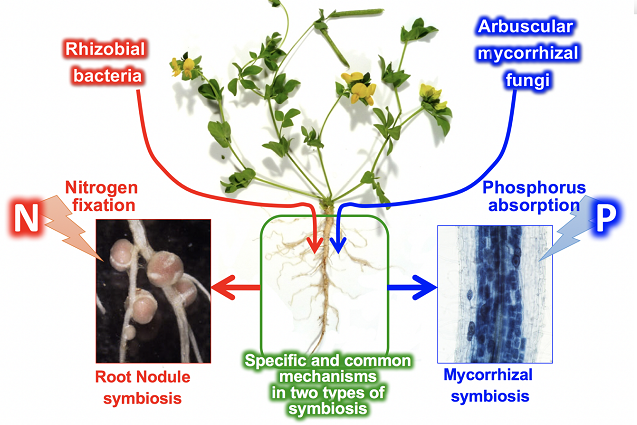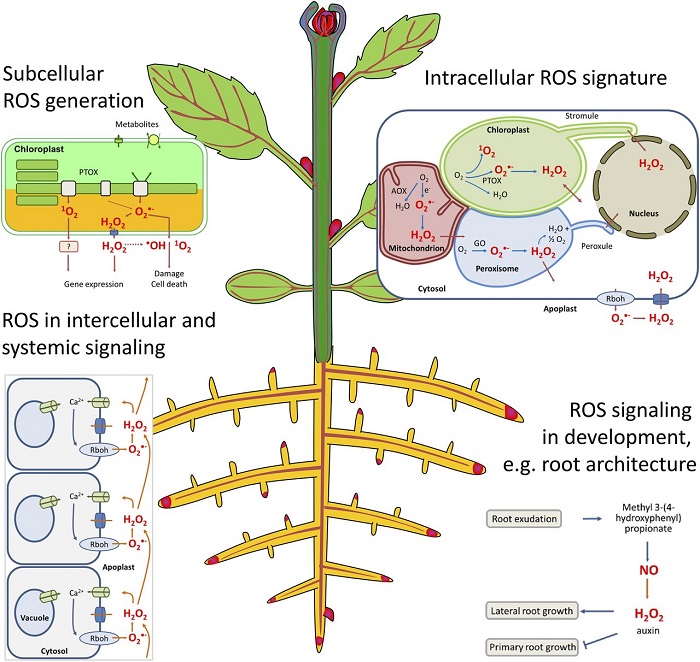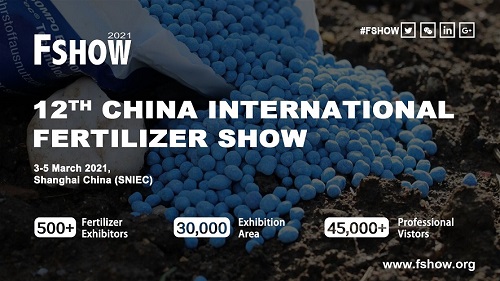
Exhibition time: 17-19 March, 2026 Shanghai, China
 中文
中文

Exhibition time: 17-19 March, 2026 Shanghai, China
 中文
中文
What is Plant Physiology
Plant physiology describes the physiology and functioning of the plants. It is a sub-discipline of botany. It primarily describes the key processes such as the respiration, photosynthesis, hormone functions, nutrition, nastic movements, tropisms, parthenogenesis, phototropism and circadian rhythms. It also deals with the topics including seed germination, environmental stress physiology, stomata function and dormancy. Besides, the subject is closely connected to the fields such as plant morphology, phytochemistry, plant ecology, biophysics, genetics, molecular biology and cell biology.
In order to understand the plant way of life, knowing the structure and functioning of is crucial. Plant Physiology provides information on how the plants survive. Therefore, studying the subject is necessary to get a deeper insight into the plants. Now our experts from Assignment Help Australia will tell you about the role of Plan Physiology.

Role of Plant Physiology in Knowledge Development
Plant physiology focuses on studying every internal activity of the plant. The key physical and chemical processes are analyzed in the subject. It also covers the activities of different scale of time and size. In other words, molecular interactions such as photosynthesis, internal diffusion of minerals, water and nutrients are studies as part of the subject. Along with with it, the large scale activities such as seasonality, plant development, reproductive control and dormancy.
Role of Plant Physiology
Now assignment help Canada will tell you about the subjects that plays a key role to develop knowledge in the following areas—
Phytochemistry or Plant Chemistry in plant physiology:
It is one of the key knowledge areas in the domain. The plants require producing a number of chemical compounds for survival and functioning. Many of these compounds are unique in nature as those are not found in other organisms. The photosynthesis process needs a generation of different enzymes, pigments and other compounds to be completed. The plants are unable to move. So, chemical compounds are generated for defense also. The compounds are generated by categories such as pathogens, herbivores. In most of the cases, the toxins are produced. Additionally, the smelling and foul-tasting chemicals are also produced by the plants for self-defense. There are some chemicals which give protection against diseases. Survival at the time of drought is crucial for the plants. The chemical compounds are useful for this purpose as well.
Dormancy can be described as a period during which growth and development in an organism stop completely. During this time, the metabolic activity minimizes. As an effect, the organism becomes able to save energy. The environmental conditions influence the dormancy period significantly. Dormancy is an important part of the plant life-cycle. Chemical compounds are necessary for preparing the plant for the period. Attracting pollinators is another crucial activity for the plant. It keeps the reproduction works uninterruptedly. The chemicals play a key role in this case also. These compounds attract the herbivores and pollinators for spreading the ripe seeds. The discussion indicates that studying Phytochemistry is essential for getting an idea on the chemical processes at the different stages of the lifecycle.

Cellular Processes:
The subject aims at developing knowledge in the domain of chemical and biological processes in the cells. The cells of a plant show a number of attributes. These attributes are different from those of the animal cells. Due to the unique attributes, the plant cells respond and behave differently than the animals.
For example, the walls of the plant cell are more rigid. So, these walls influence the shape of cells. Mobility and flexibility of the plants are also limited by the walls. Presence of the chlorophyll is another unique feature of these cells.
It is a chemical compound which makes interactions with the light. On the basis of interactions, the plants become able to create their own nutrients. This is a distinctive feature of them. other animals cannot create nutrients for themselves. The plants in this regard are completely independent. It states that the subject is effective to create an understanding of the unique processes within the plant cells.
Cellular Interactions:
The plant cells, organs and tissues interact in a unique manner. Different cells are designated to perform different duties. Those have special physical and chemical abilities for performing the tasks. For example, the rhizoids and the roots play a key role in holding the plant. These parts also play a crucial role in acquiring minerals from the soil. The leaf is another important part of the plant. The leaves create the necessary nutrients at the presence of light. The minerals collected by the roots and the rhizoids are transferred to the leaves. The nutrients which are manufactured in the leaves are then sent to the roots. Such transportation tasks are performed in several ways. For example, the vascular tissues are a major part of the process. It reflects that the subject gives importance to understanding the processes using which the plants live
Environmental Interaction
Above all, the plants interact with the environment in several ways. The study on the physiological attributes of the plants also helps in developing the knowledge of how these plants interact with the environment. The plants respond to different types of environment condition in a different manner. The subject gives importance to gaining knowledge on how the responses change with the environmental conditions. The subject gives importance to discussing how the plants get stressed due to water loss. The alternations in air chemistry are also reviewed as part of the subject. The way of functioning in a plant changes with the crowding. Such changes also occur due to the chemical, genetic and physical factors. The subject also discusses how the functioning of plants is influenced by different factors.
Role of plant physiology in Agriculture
The study of plant physiology is important in agriculture. It is the science and art of how plants are cultivated. Agriculture is the base of the development of human civilization. The works related to farming of domesticated species generate food surpluses which make people able to live in cities. The modern agriculture deals with plant breeding, agronomy and agrochemicals such as the use of the fertilizers and the pesticides. The technological developments have changed the conventional agricultural processes significantly. The technological developments have increased the number of crops. Along with it, the technological tools caused environmental and economic changes.
The modern agricultural practices are also shaped by depletion of aquifers, global warming, deforestation, use of growth hormones and antibiotics. Increase demand for Genetically modified organisms is another key trend in agriculture. The products in the agricultural industry are broadly categorized as fibres, foods, raw materials and fuels. The food products obtained from the agricultural industry are classified as vegetables, cereals, oil and fruit.
The knowledge of the physiological factors associated with the plants is essential for conducting the agricultural works effectively. Crop physiology is an important part of the subject. It deals with investigating different processes in the plants. The key areas of focus in the domain of Crop physiology are — the activities which drive growth in the plants, the development processes and the production of crop plants in an economic manner.
This area of the subject includes both the basic and applied research to determine the functionalities of the crop plants. The basic researches in the crop physiology give importance to developing knowledge in the area. The applied researches, on the contrary, give importance to solving practical problems. However, the crop physiology studies the plants and plant communities as a whole. This is because the processes which control the production. The area also gives importance to studying how the plants interact with the environment.
From All Assignment Help
